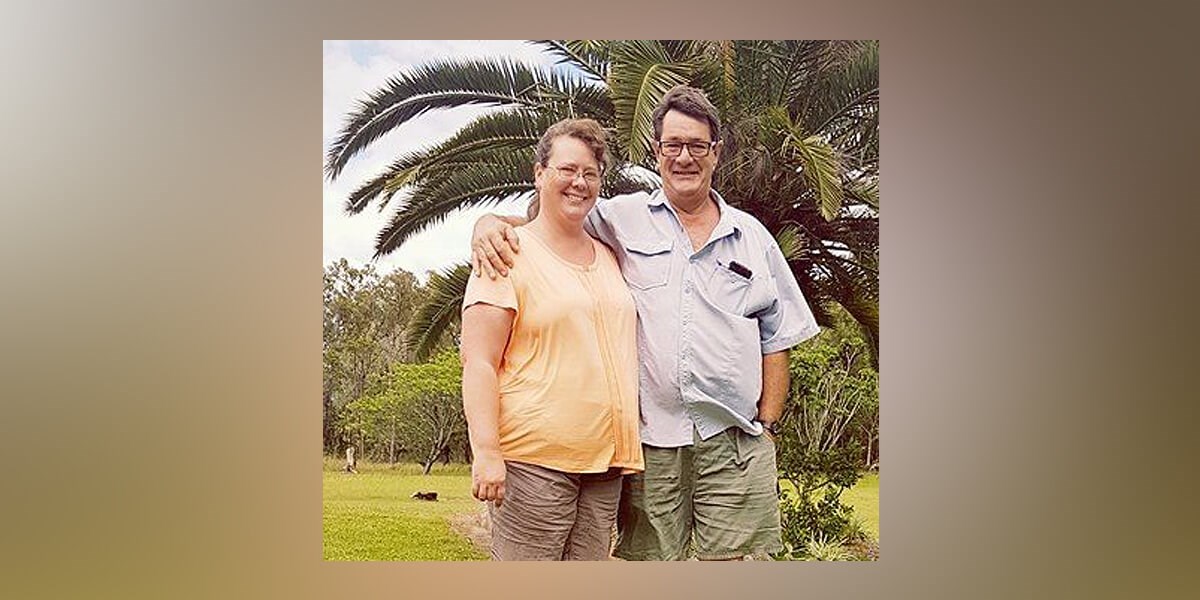IWC's major focus is to improve and support Indigenous and non-Indigenous people, and the vulnerable and disadvantaged people across the Bundaberg and Wide Bay / Burnett.
The NDIS gives Kathryn hope

When Kathryn was diagnosed with MS in 2000, it marked the beginning of a series of challenges that are hard to comprehend.
She was with her husband, Greg, when the first symptoms showed, in 1999. “I remember him asking how many drinks I’d had. I told him ‘only one’, and he said it must have been a strong one!’” she said. Living in Miles, Queensland at the time, Kathryn needed to travel to Toowoomba and then Brisbane to find out what was going on. “They told me that, based on my symptoms, it was either a stroke, a brain tumour, or MS. I thought, ‘hmm, which one do I want?’,” she said. But it was no laughing matter.
Driving home with the diagnosis fresh in his mind, Greg expressed his condolences, knowing that he would be required to step into the role of a full-time carer for the second time in his life. Greg had spent much of his childhood caring for his mother, who struggled with mental health issues in a time of limited supports. Kathryn said she loved her husband for his fortitude, a quality that quite literally saved her life. “He’s a trooper,” she said.
Since the diagnosis, Greg has cared for Kathryn full-time, dropping many of his ambitious projects and business ventures to be there for his wife. Greg said that the NDIS was going to change their life, after 20 years of going it alone, with no support.
“The NDIS could be a life-changer for us,” he said. “It’s not winning Gold Lotto, for sure, but it’s going to give us help when we need it. For 20 years, we’ve had nothing. We’re both getting older, both our health is deteriorating, so we’re going to get some help which is long overdue. “I recommend people apply for NDIS – it’s got many available avenues for different people, and it’s going to be a huge umbrella over the general public as to who it can and can’t help. I feel that our future will change as a result.”
Greg said Bundaberg’s Local Area Coordinator, the IWC, had sent out a compassionate and understanding planner to help Cathy through the process of applying for access.
“She was polite and very thorough. I could see that Cathy felt she could just sit down and talk to this lady,” he said. “After what we saw on TV, and negative media, we were a little stressed to say the least as to what to expect, but it was the absolute opposite; she couldn’t bend over backwards enough to help us. Any of the questions we were uncertain on, she clarified for us, and gave us options. “By the time she left, we felt extremely comfortable.”
With Kathryn’s planning conversation behind them, the next step will be implementing her NDIS plan. Once it arrives in the mail, she will be contacted by Bundaberg’s Local Area Coordinator, the IWC, to organise a formal implementation meeting. At this meeting Kathryn will learn all the skills she needs to bring her plan to life, and begin to use supports.
Kathryn hopes this will free Greg to get back into the workforce, and trade in the role of being her carer for being her husband. “We’re finally going to get some help…which is long overdue,” she said, laughing. “Thank you.”
Find your care provider based on your needs
Postal address
PO Box 1963
Bundaberg, Qld 4670
Corporate
184 Barolin St
Bundaberg, Qld 4670
Phone: 1300 492 492
Fax: 07 3009 0478
It’s good to know I can get what I need, not being told when my therapies are, or where I’m going. In the past, that’s how it’s been. As I see it, the NDIS is the only way to go.
Giovanni, NDIS participant